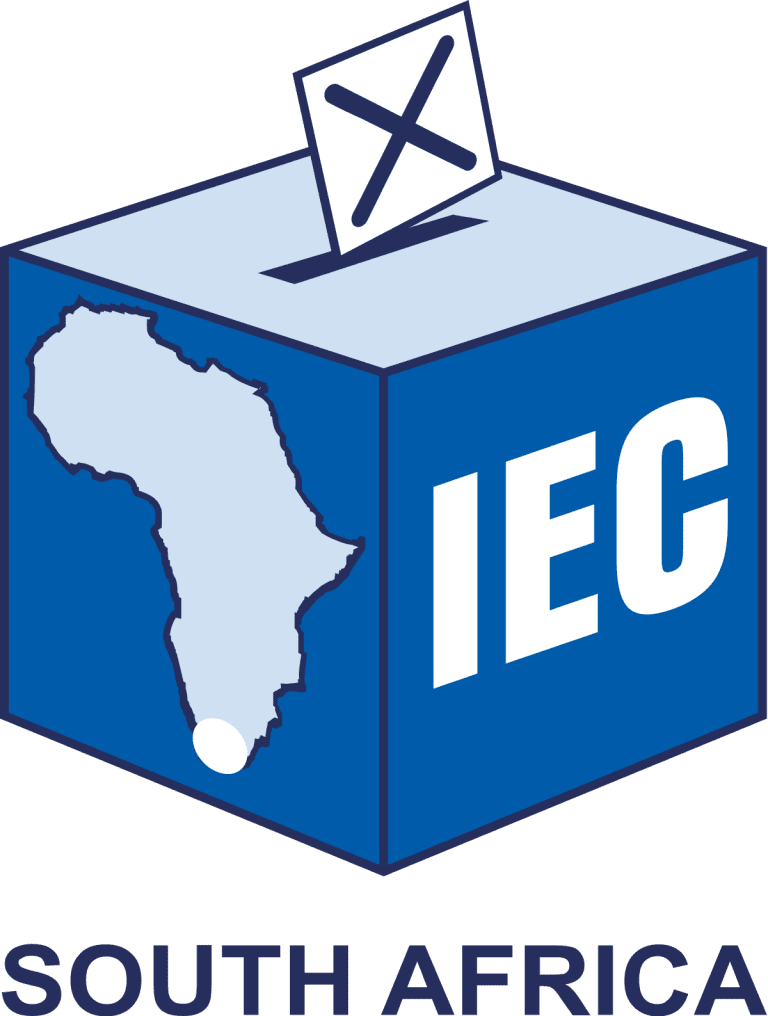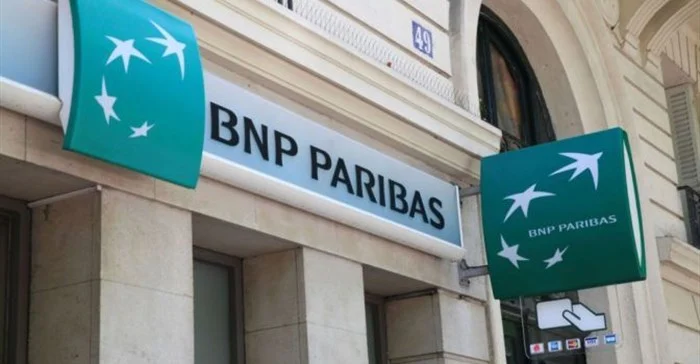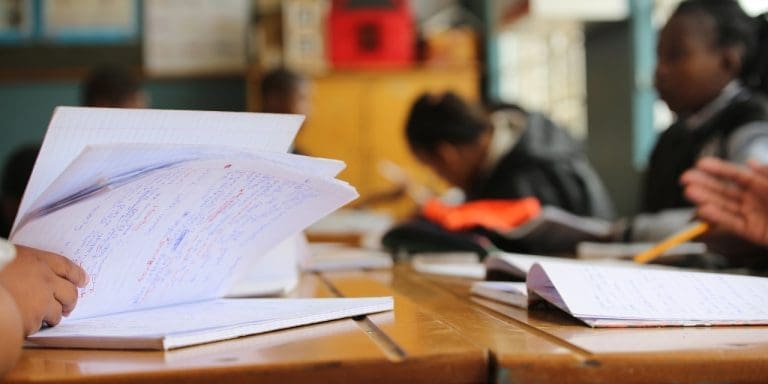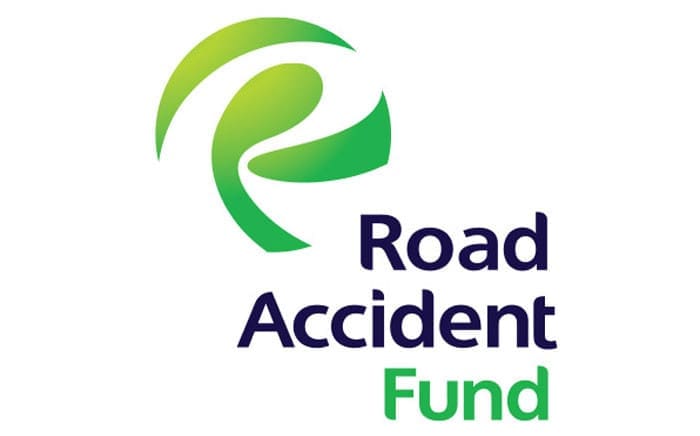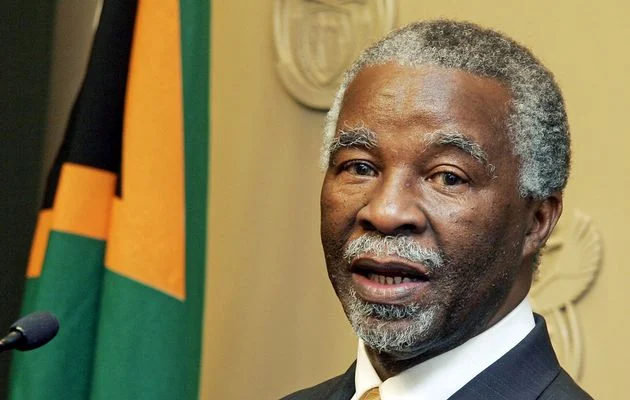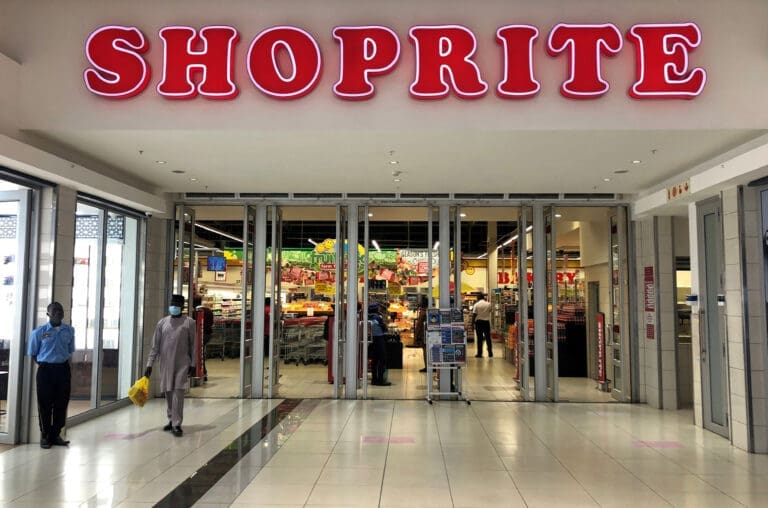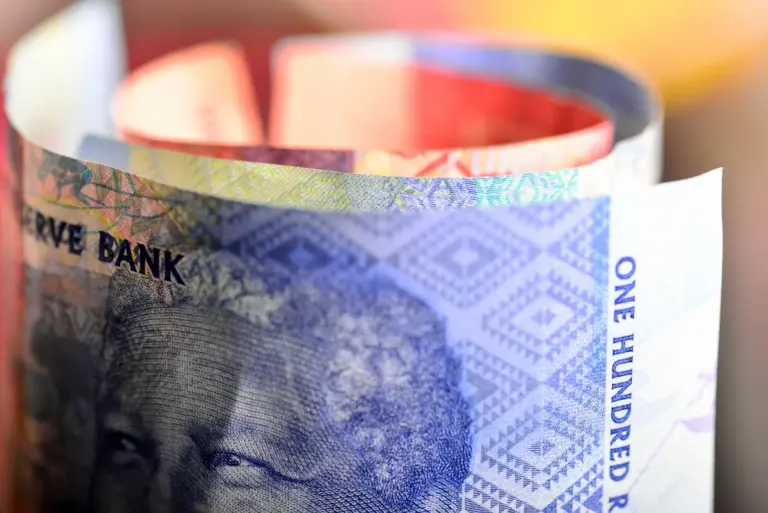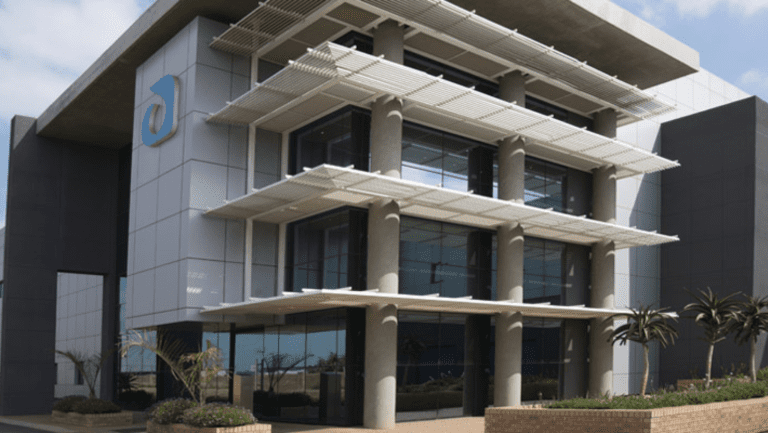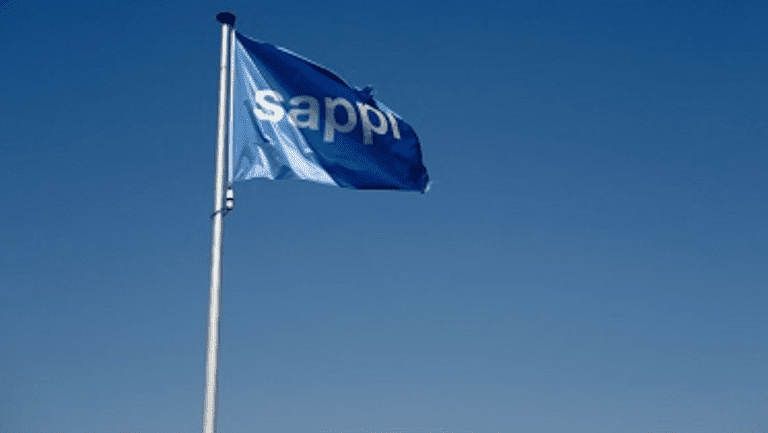In the latest BRICS Wealth Report for 2023, South Africa finds itself at a crossroads, grappling with a significant decline in the number of millionaires over the past decade. This report, which delves into the economic landscapes of Brazil, Russia, India, China, and South Africa, along with new members from the Middle East and North Africa (MENA), sheds light on the dynamic shifts in private wealth distribution among the world’s leading emerging economies.
As of 2023, South Africa is home to 37,400 US dollar millionaires, a stark 20% decrease from 2013, resulting in the loss of approximately 9,350 millionaires over the past ten years. This decline places South Africa near the bottom of the BRICS+ countries assessed, highlighting the challenges faced by the nation’s high-net-worth individuals (HNWIs).
The BRICS cohort, now bolstered by new members from the MENA region, has witnessed substantial changes in its wealth distribution dynamics. China stands out as a powerhouse, with private wealth growing by an impressive 92% over the last decade, boasting 862,400 millionaires, including 2,352 centi-millionaires and 305 billionaires. India follows closely, experiencing an 85% surge in wealth growth, with 326,400 millionaires, over 1,000 centis, and 120 billionaires.
However, South Africa’s struggles are not unique, as some other BRICS nations also face challenges. Brazil, Russia, and Iran have seen declines in their millionaire populations, underscoring the complex interplay of social, political, and economic factors impacting private wealth.
One significant factor contributing to the outflow of high-net-worth individuals from South Africa is the pursuit of a “safe haven country.” New World Wealth notes that approximately 120,000 millionaires worldwide migrated to new countries in 2023, seeking places with robust safety and security measures that shield them from global economic and political uncertainties.
Popular destinations for these migrations included Australia, Switzerland, Monaco, Singapore, the UAE, New Zealand, Malta, and Mauritius. South Africa, in particular, witnessed a surge in concerns over personal security, safety, rising crime rates, and violence, which became paramount considerations for high-net-worth families.
Adding to the challenges, the South African government’s talk of increasing taxes has intensified worries among the affluent population. Plans to fund initiatives like the National Health Insurance (NHI) through higher payroll taxes, the removal of medical aid tax credits, and potential wealth taxes have fueled apprehensions within the high-net-worth community.
The NHI, a flagship policy, has become a focal point of financial discussions, prompting the government to explore unconventional avenues to fund its ambitious healthcare program. National Treasury’s announcement of a R15 billion increase in taxes for 2024 has further heightened economic uncertainties.
Looking ahead, the BRICS Wealth Report projects a 60% increase in wealth per capita for South Africa by 2033, signaling a potential turnaround in fortunes. Despite the recent setbacks, the country is poised to rebound, albeit at a slower pace compared to its BRICS counterparts.
India leads the BRICS nations with a forecasted 110% increase in wealth per capita, while Saudi Arabia follows closely with an expected expansion of over 105% in the next decade. The UAE, China, Ethiopia, and Egypt also anticipate significant wealth growth, with projections exceeding 50%.
As South Africa navigates its economic challenges, the future holds both promise and uncertainty. High-net-worth individuals must weigh the risks and benefits of remaining in the country against the allure of greener pastures offered by “safe haven” destinations. The government, in turn, faces the delicate task of implementing policies that promote economic stability while retaining the trust and support of its affluent citizens.
In this intricate dance between economic forces and policy decisions, South Africa stands at a critical juncture, where strategic choices will shape its trajectory in the global wealth landscape.










